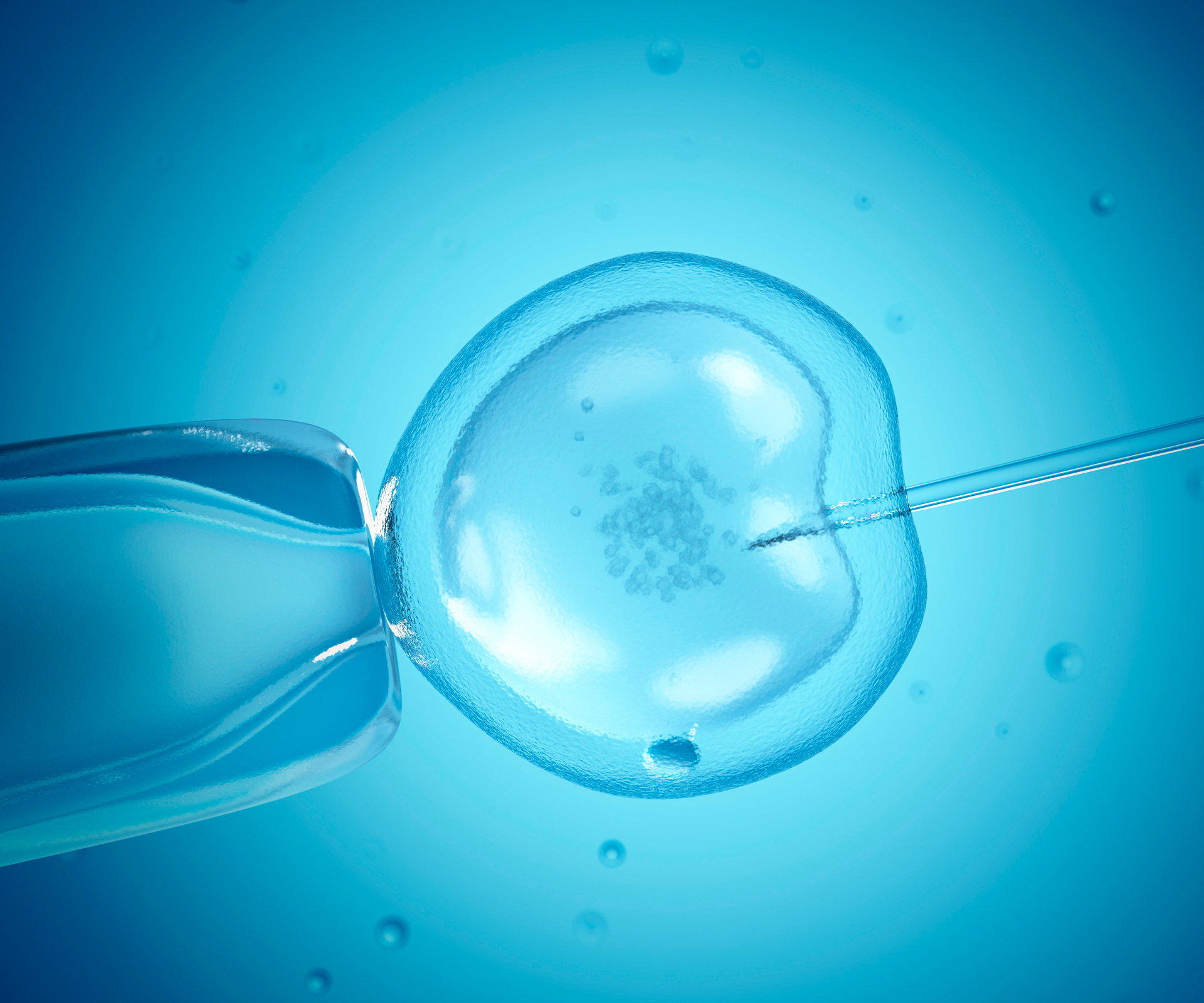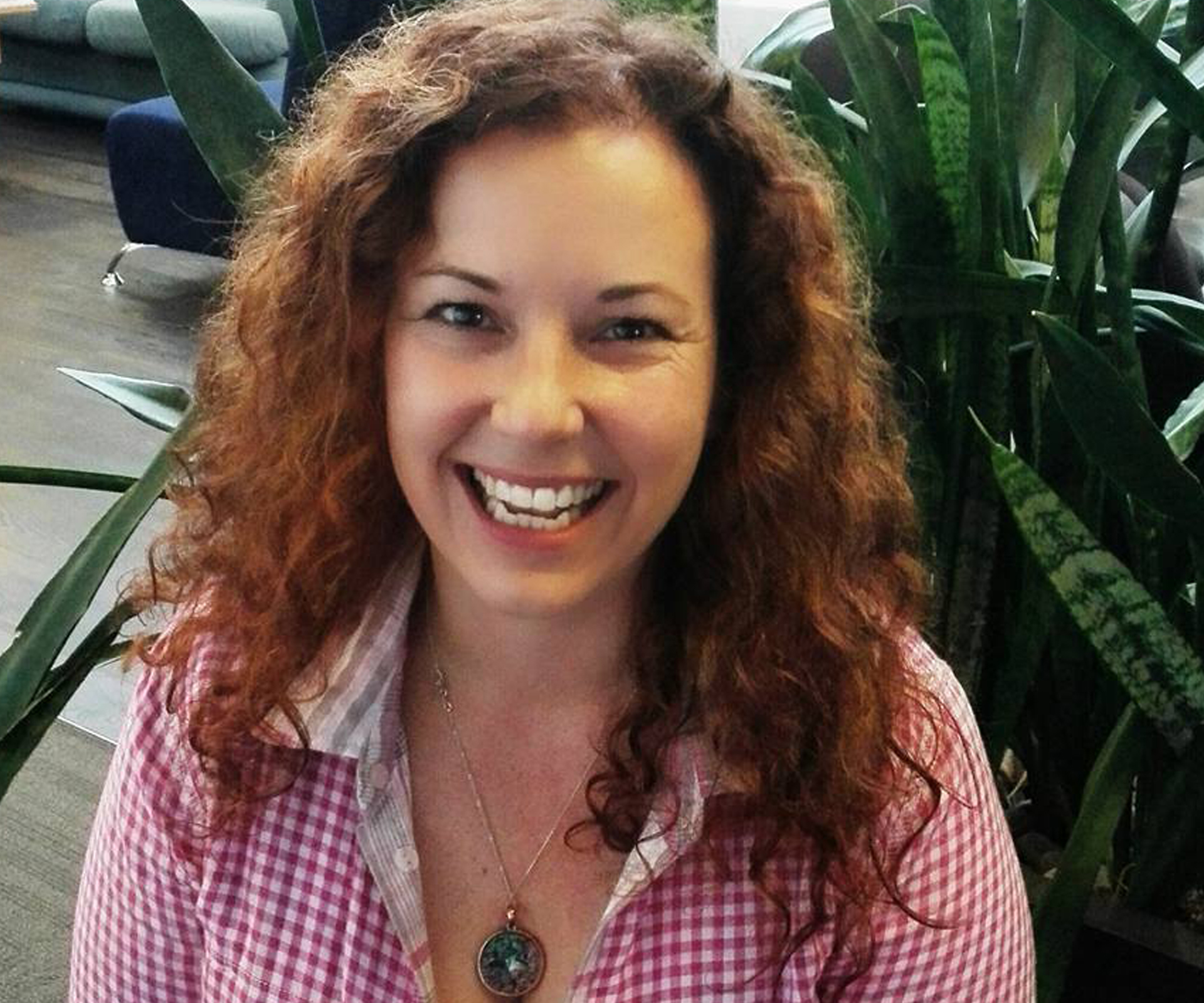A scientific breakthrough in infertility treatment could mean a cheaper alternative to in-vitro fertilisation (IVF) for women struggling to get pregnant.
Australian researchers developed the innovative technique, building on existing treatment called in-vitro maturation (IVM). The treatment uses significantly less hormone drugs than IVF, which means a lowered risk of medical complications. This is especially beneficial for women suffering conditions like polycystic ovarian syndrome.
The research team, led by Associate Professor Robert Gilchrist from UNSW’s School of Women’s and Children’s Health, developed new processes, which resulted in an improved quality of eggs, and a 50 per cent increase in the number of embryos, compared to the standard IVM technique.
The truth about the new DIY fertility treatment
“The aim of our research has been to restore, as far as possible, the natural processes that occur during egg maturation,” said Associate Professor Gilchrist.
”We have demonstrated that it is possible to improve egg quality and embryo yield, with next to no drugs, using potent growth factors produced by the egg.”
In developing the improved IVM technique, the healthcare scientists discovered a new growth factor called Cumulin. This special protein can be produced in the laboratory, and is added to the immature eggs, in combination with signalling molecules, called cyclic-AMP (cyclic adenosine monophosphate).
Co-researcher Associate Professor Jeremy Thompson, who is head of the University of Adelaide’s Early Development Group told news.com.au: “It substantially lifts the quality of embryos produced, when we use this in-vitro maturation technique.”
The new IVM method uses more than 90 per cent less hormones than in IVF, which could cut between a third to half of the cost associated with the treatment.
Standard IVF procedure requires women to take a hormone treatment, to stimulate egg cell growth in the ovary. These hormones can cause great discomfort to women, and can lead to medical complications, such as ovarian hyper stimulation syndrome.
News.com.au reports the research will soon move into the pre-clinical trial phase, to be run by Cook Medical. Depending on the results, and approval by the regulatory bodies, the treatment could be available for women within three to five years


